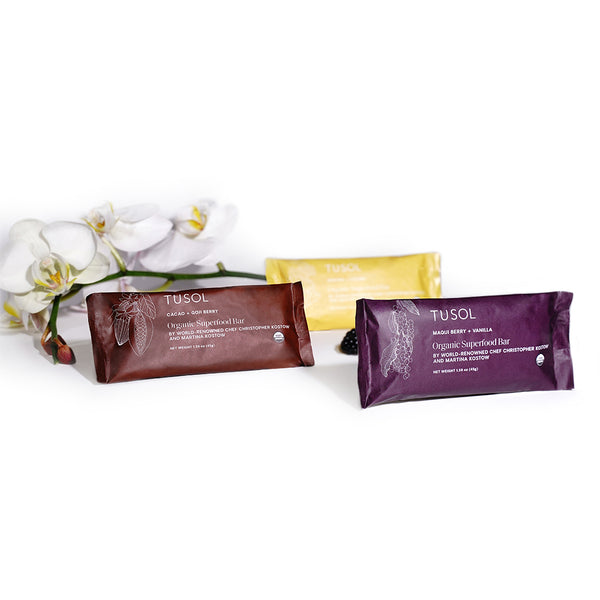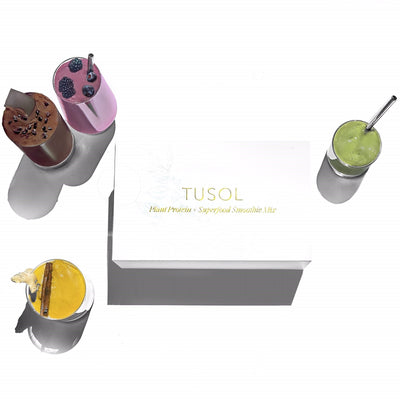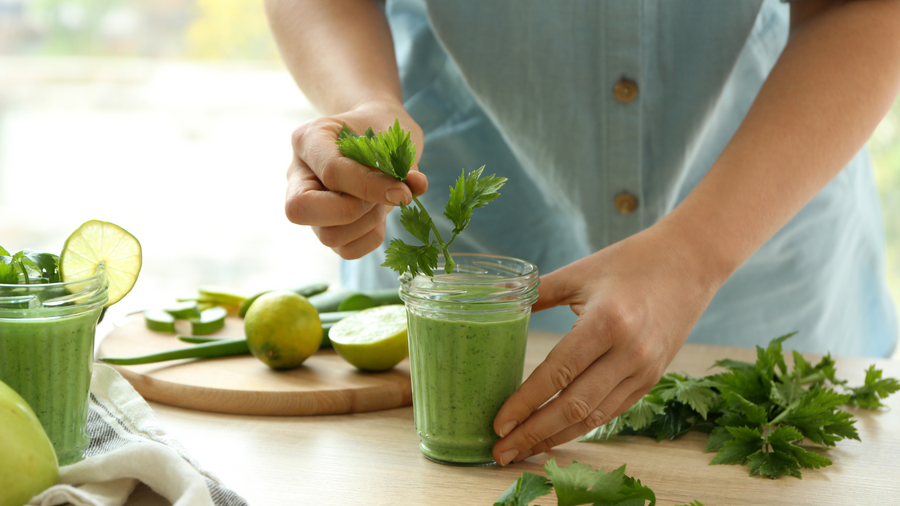Reishi Mushroom (Scientific name: Ganoderma lucidum) also known as Lingzhi, is a medicinal mushroom that has been used in Asian traditional medicine for thousands of years for its therapeutic benefits in treating a plethora of clinical conditions. It is a dark, tough mushroom with a shiny exterior and wooden texture with a bitter taste that is found at the base of deciduous trees such as Maple trees, mostly in Asia. Even though it is widely used in Eastern medicine as a medicinally potent mushroom, its natural variety is rare to find. Hence, nowadays, it is cultivated on hardwood logs or Sawdust/wood chips on a commercial scale.
What are the Benefits of Reishi Mishroom?
Reishi mushrooms have long been used for their supposed effects in optimizing one’s immune status, their role in helping fight off cancer and other infections, as agents to enhance sleep and reduce stress for overall better quality of life. Its purported benefits are discussed as follows:
- Chemotherapeutic adjunct: These mushrooms have been used as a single agent or in combination with other chemotherapeutic agents in the treatment of cancer in East Asian countries for decades.
- Immunostimulation: Reishi mushroom is best used for its supposed role in enhancing one’s immune system, fighting off inflammation, and protecting oneself from getting ill.
- Hypertension: These mushrooms were found to lower blood pressure in people with severely high blood pressure.
- Heart Disease: Evidence from some preliminary research shows that taking Reishi mushroom extract (Ganopoly) reduces chest pain and shortness of breath in people with heart disease.
- Diabetes mellitus: People who took Reishi mushrooms were found to have attained better blood sugar control. (3)
- Viral and bacterial infections: Reishi mushroom supplements are beneficial in treating many viral infections such as Herpes, Hepatitis B, and their uses aid in the recovery of other bacterial infections. (5,6)
- Liver and Gastro-Intestinal injuries: Early research has shown that Reishi mushrooms can improve liver function and reduce the number and size of any gastrointestinal tumors. (1,2)
- Urinary Tract Infections: Reishi mushroom extract is shown to reduce lower urinary tract infections by improving urinary flow.
- Fatigue and Stress: Fatigue and stress associated with cancer and other chronic medical conditions showed improvement in people who took Reishi mushroom supplements.
- Pain relief: Its use has shown marked benefits in pain reduction in various cancers such as breast cancers, bone metastases, and other painful viral conditions such as Shingles.(4)
- Sleep: Its uses have been shown to improve the quality of sleep and promote overall mind and body well-being.
Sources of Reishi Mushroom
TUSOL Organic Superfood Smoothies
TUSOL Smoothie Mixes contain full servings of functional mushrooms -- including reishi mushroom, chaga mushroom and lion's mane mushroom to support cellular health and immunity daily.
TUSOL Organic Cacao + Reishi Latte
Our TUSOL Cacao Latte blend contains a combination of organic cacao, ashwagandha and reishi mushroom to support mood and regulate stress hormones.

Studies supporting its medicinal benefits
A few small-scale human studies have shown evidence of the effectiveness of Reishi Mushroom. Researchers are now looking at the chemical composition of this mushroom to better understand its mechanism of action and efficacy regarding these conditions.
Reishi mushrooms contain Beta-glucans, polysaccharides, which showed antitumor and immunostimulating activities (7,8). The triterpene compounds present in it may inhibit tumor invasion by reducing matrix metalloproteinase expression (9), and tumor metastases by limiting attachment to endothelial cells (7).
Studies have shown that Reishi induces natural killer (NK) cell cytotoxicity against various cancer cell lines via natural cytotoxic receptors (NKG2D/NCR) activation and mitogen-activated protein kinase (MAPK)-signaling pathways, which result in perforin and granulysin (10) exocytosis. Increased expression of the major histocompatibility (MHC) class I and co-stimulatory molecules on melanoma cells were shown to be caused due to Reishi polysaccharides, leading to enhanced antitumor cytotoxicity (11). Reishi induced G2/M phase cell cycle arrest, activated caspase 3 to induce apoptosis, increased p53, and inhibited Akt expression in ovarian cancer cells.
How can you consume Reishi Mushroom?
Reishi mushroom supplements doses are dependent on various factors such as:
- Patient’s age
- Medical condition for which the mushroom is being prescribed
- Form of the mushroom
- Chemical Composition of the supplement
- Patient’s overall health
- Whether or not the patient is on other medications
For medicinal purposes: It is usually dried or taken as an extract, such as in the form of Capsules, Powder, and Liquid. A typical oral daily dose may be:
- 5 to 9 grams of crude dried mushroom
- 1 to 1.5 grams of Reishi powder
- 1 milliliter of Reishi solution (Tincture)
Reishi powder supplement Vs Capsule/Tablet
- Absorption: While taking supplements in the form of capsules or tablets, our body has to do the extra work of breaking them down into finer, absorbable, powder-like forms. However, if we take powdered supplements, that area of extra work is already covered, making this form easier for the gut to be absorbed into the body.
2.Bioavailability: The extent of powdered mushroom supplement that reaches our circulation and is made available to the site of action is considered to be higher than capsule or tablet. Reishi mushroom powder has been made to meet the standards for dissolution, hence the bioactive properties of Reishi are easily absorbed and made to work effectively on the human body.
- Efficacy: As the powdered form of Reishi mushroom supplement is absorbed more quickly and better available than capsule or tablet form, it is considered to be faster-acting and more potent than the other forms.
- Cost-effectiveness: The powdered form of Reishi mushroom has great bioavailability and also doesn't make a dent in your pocket, hence it is a better way to supplement your diet with this magic mushroom than others.
It is always a good idea to consult a doctor before taking a Reishi mushroom supplement. Supplements can interact with other medications, potentially causing adverse effects, and worsen some health conditions.
Side Effects
Side effects are rare but they may be associated with the following adverse effects:
- Allergic reactions are associated with dryness in the mouth, throat, and nasal passages.
- Nausea
- Rash and itchiness
- Dizziness
- Stomach upset
- Chronic diarrhea
- Liver toxicity
- Bloody stool
- Insomnia
- Nosebleeds
Risks And Considerations
While the benefits far outweigh the risks, the potential adverse effects should be taken into account while taking Reishi mushrooms.
- Reishi supplements are shown to have anticoagulant and antiplatelet effects, which increases the risk of bleeding. Hence, individuals with bleeding disorders and people who are scheduled for surgery should not take Reishi mushrooms.
- These supplements have been shown to lower blood pressure. People with Hypotension, a condition with low blood pressure, or the ones taking blood pressure medication are advised to avoid Reishi mushrooms.
- People who are on immunosuppressant drugs to treat various medical conditions may choose to avoid these supplements, as Reishi mushrooms being immunostimulants may counteract their effectiveness.
- Additionally, pregnant women or lactating mothers should not consume these mushrooms as their safety during pregnancy and lactation have not been established yet.
Conclusion
It’s a popular belief that Reishi mushrooms are beneficial to health, most notably for immune system enhancement and cancer treatment. It is also imperative to note that these claims about their effectiveness in the treatment of these multitudes of diseases need to be proven with more scientific research and human studies. Hence, before taking any supplements it’s wise to consult your physician to discuss the safety and risks involved.
FAQs
- Are Reishi mushroom supplements safe to be consumed?
Reishi mushrooms have long been used for their supposed effects in optimizing one’s immune status, their role in helping fight off cancer and other infections, as agents to enhance sleep and reduce stress for overall better quality of life.
- How can we take Reishi Mushroom Supplements?
For medicinal purposes, it is usually dried or taken as an extract, such as in the form of Capsules, Powder, and Liquid.
- Can Reishi Mushroom be used as an OTC supplement?
Before taking any supplements, it’s wise to consult your physician to discuss the safety and risk involved.
- Can women who are pregnant and breastfeeding take Reishi mushroom supplements?
Pregnant women or breastfeeding mothers should not consume these mushrooms as their safety during pregnancy and lactation has not been established yet.
- What’s the dose of Reishi Mushroom Supplements?
A typical oral daily dose may be:
- 5 to 9 grams of crude dried mushroom
- 1 to 1.5 grams of Reishi powder
- 1 milliliter of Reishi solution (Tincture)
References:
- Li Y. Q, Wang S. F. anti-hepatitis B activities of ganoderic acid from Ganoderma lucidum. Biotechnol Lett. 2006;28(11):837–41.
- Gao Y, Tang W, Gao H, Chan E, Lan J, Zhou S. Ganoderma lucidum polysaccharide fractions accelerate healing of acetic acid-induced ulcers in rats. J Med Food. 2004;7(4):417–21.
- Seto S. W, Lam T. Y, Tam H. L, editors. et al. Novel hypoglycemic effects of Ganoderma lucidum water extract in obese/diabetic (+db/+db) mice. Phytomedicine. 2009;16(5):426–36.
- Hijikata Y, Yamada S. Effect of Ganoderma lucidum on postherpetic neuralgia. Am J Chin Med. 1998;26:375–81.
- Li Y. Q, Wang S. F. anti-hepatitis B activities of ganoderic acid from Ganoderma lucidum. Biotechnol Lett. 2006;28(11):837–41.
- Zhong J. J, Xiao J. H. Secondary metabolites from higher fungi: Discovery, bioactivity, and bioproduction. Adv Biochem Eng Biotechnol. 2009;113:79–150.
- Mao T, van De Water J, Keen CL, et al. Two mushrooms, Grifola frondosaand Ganoderma lucidum, can stimulate cytokine gene expression and proliferation in human T lymphocytes. Int J Immunother 1999;15(1):13-22.
- Sun LX, Li WD, Lin ZB, et al. Protection against lung cancer patient plasma-induced lymphocyte suppression by Ganoderma lucidumCell Physiol Biochem. 2014;33(2):289-299.
- Chen NH, Liu JW, Zhong JJ. Ganoderic Acid me inhibits tumor invasion through down-regulating matrix metalloproteinases 2/9 gene expression. J Pharmacol Sci. Oct 2008;108(2):212-216.
- Chang CJ, Chen YY, Lu CC, et al. Ganoderma lucidumstimulates NK cell cytotoxicity by inducing NKG2D/NCR activation and secretion of perforin and granulysin. Innate Immun. 2014 Apr;20(3):301-11.
- Sun LX, Lin ZB, Duan XS, et al. Enhanced MHC class I and costimulatory molecules on B16F10 cells by Ganoderma lucidumJ Drug Target.2012 Aug;20(7):582-92.















